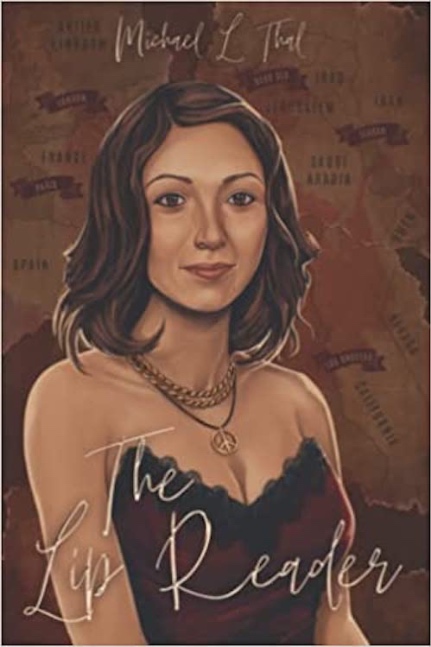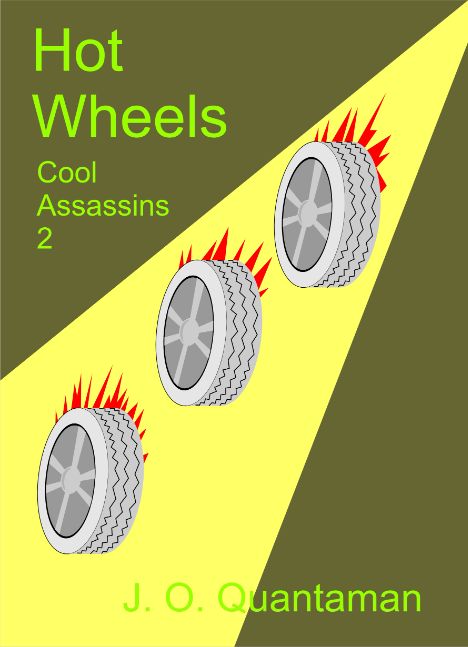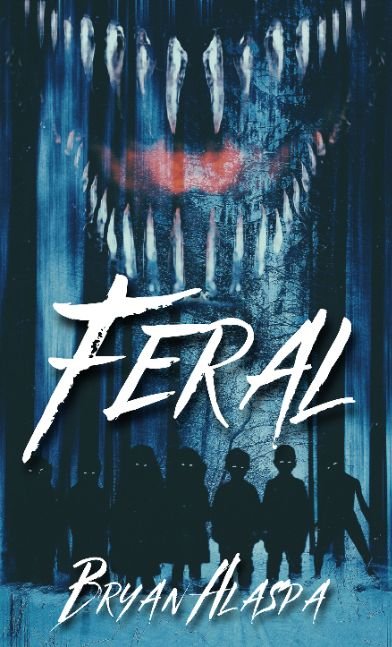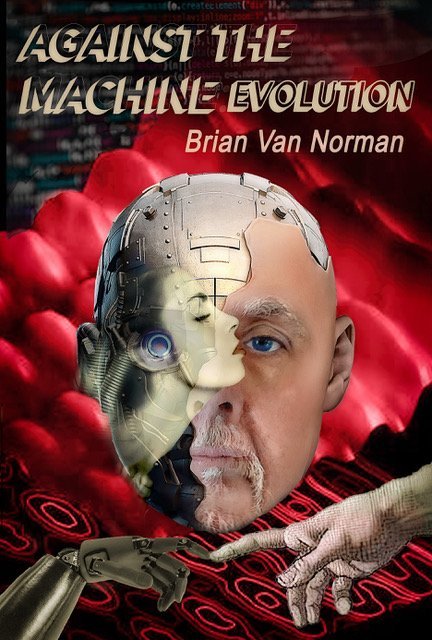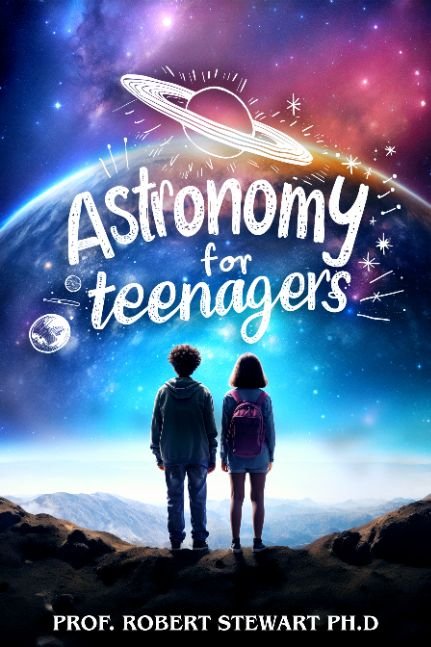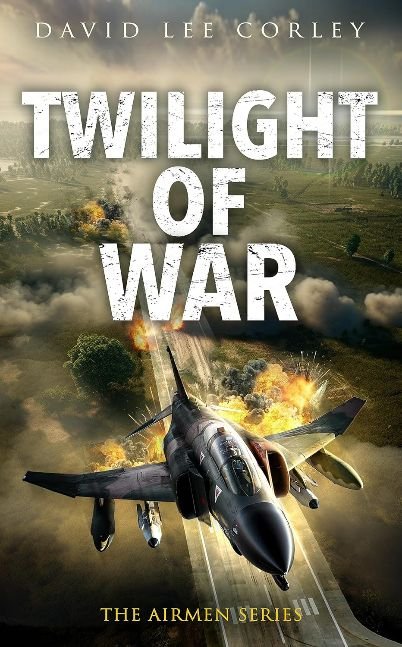- Home
- Book Trailer
- The Interview - Angel A
The Interview - Angel A
 https://www.angelsleap.com
https://www.angelsleap.com
What inspired you to become a writer, and how did you find your voice as an author?
The higher mysteries have always fascinated me. I constantly expect to lift a veil and find a reality behind this existence that explains the cohesiveness, the coincidences and the uncanny. When I won a writing contest in high school, I got a hint of my voice as an author. I took the competition as an opportunity to express some of my ruminations. In hindsight, I had inadvertently written a scandalous political piece as I had penned the description of a personal reincarnation experience at a Catholic school. I imagine the Christian Brothers fell off their chairs as the English teacher awarded my recurring-life contemplation.
I grew up with an affinity for the arts, but encouragement to train in the sciences. This offered me the best of both worlds. Scientists highly value the peer review process for confirming a hypothesis or idea. This applies to my work in the arts. Positive peer review from those who are skilled in the arts is fundamental for my growth to determine if my contributions are clear, enjoyable and relatable.
Science is surprisingly political and often leads to group-think instruction: ‘Research suggests you should do this. Experts agree you should do that.’ There is a graciousness in the arts where the audience is not being instructed, merely invited to consider possibilities and perspectives. The arts encourage a unique and personal response to a story. Paradoxically, a blind-man without an understanding of darkness will struggle to appreciate the contrasting nature of light. Every reader will discover what they are ready and able to see. The Buddhists remind us that the lotus flowers rise to the light from the murky depths. If light is what you seek, I write about personal darkness that needs to be understood as a foundation for growth. Put a different way, my voice is an invitation to transmute suffering through an immersive identity with love, light, and life.
Who are some of your literary influences, and how have they shaped your writing style or approach to storytelling?
Joseph Campbell is probably my leading influence. His work brilliantly exemplified humanity’s collective resonance with myth and story. When we don’t understand something, often the only available step forward is allegory. “We don’t quite understand it, but it’s like this…” What happens next is the magic of metaphorical storytelling.
Isaac Asimov comes to mind as a leading influence when he brilliantly introduced the three laws of robotics in his futuristic science fiction novels. The concept revealed how key values drive behaviour. Perhaps some versions of personal suffering occur when key values become corrupted. When writing Holy Parrot, key values of compassion, connection and creativity were at the heart of the novel. These key values outline the three laws of humanity declared by Maria in her invocations of a parrot.
If you could offer one piece of advice to aspiring writers, what would it be?
‘Believe in yourself’ is a tempting catch phrase in response to this question. But I don’t agree. In my experience as a filmmaker and a writer, I have met some successful artists. This behind-the-scenes perspective revealed wild insecurity and self-doubt expressed by some industry leaders. It is so common that ‘imposter syndrome’ is the phrase now coined to describe this contrary psychological affliction.
So, the advice I offer is what I have garnered from these successful people. They find a way through their anxiety and they simply keep going. It actually may not make sense that you should be ‘confident’ when you are new to something. It’s more likely you won’t be. Don’t let that stop you. There are many documentaries and autobiographies about successful people that reveal the astonishing self doubt that goes with almost all extraordinary achievements. Returning to Joseph Campbell, he aptly remarked, “The cave you fear to enter holds your greatest treasure”. When discovering your writing potential, accept that being scared is likely. Dive in!
What projects are you currently working on, and what can readers expect from you in the future?
I have many projects that are in different stages of development. I write a treatment first, which is a detailed summary of the story. If I keep waking up in the morning feeling possessed by the idea in the story, I then write the film script. If I still can’t get any sleep, then I proceed to writing the novel.
The front-runner in this process is a project called ‘Bring Me To Life’. It’s a story of how a ghost uses alchemy to return to life. Love motivates him, but he inadvertently saves humanity from spiritual enslavement. A sample of the graphic novel pages of this project is available on my website.
Your book received the prestigious BREW Book Excellence Award 2024 Multicultural Book of the Year, among its other awards. How did you feel when you learned about the accolades, and what are their impacts on your writing career?
Gratitude is the first word that comes to mind. If I could ever influence someone to discover a path beyond the disturbing anguish of their own thoughts, it would be: find something to be grateful for as often as you can, if not indefinitely.
When I wrote my first novel, Mary Poser, my partner declared she would buy a bottle of champagne for us to enjoy if the novel were to win any award. After fifteen awards, she complained the cumulating celebrations were becoming expensive! The awards have not only impacted me! She quickly dismissed any suggestion of the same offering for the successes of Holy Parrot.
When an audience discovers an award-winning novel, it establishes a benchmark to reassure the value of their purchase. An awards program considers thousands of publications. A wonderful impact of an award is that judges have provided a service to the public by highlighting the literary gems they have discovered. Multiple awards add further votes of confidence for the reader.



